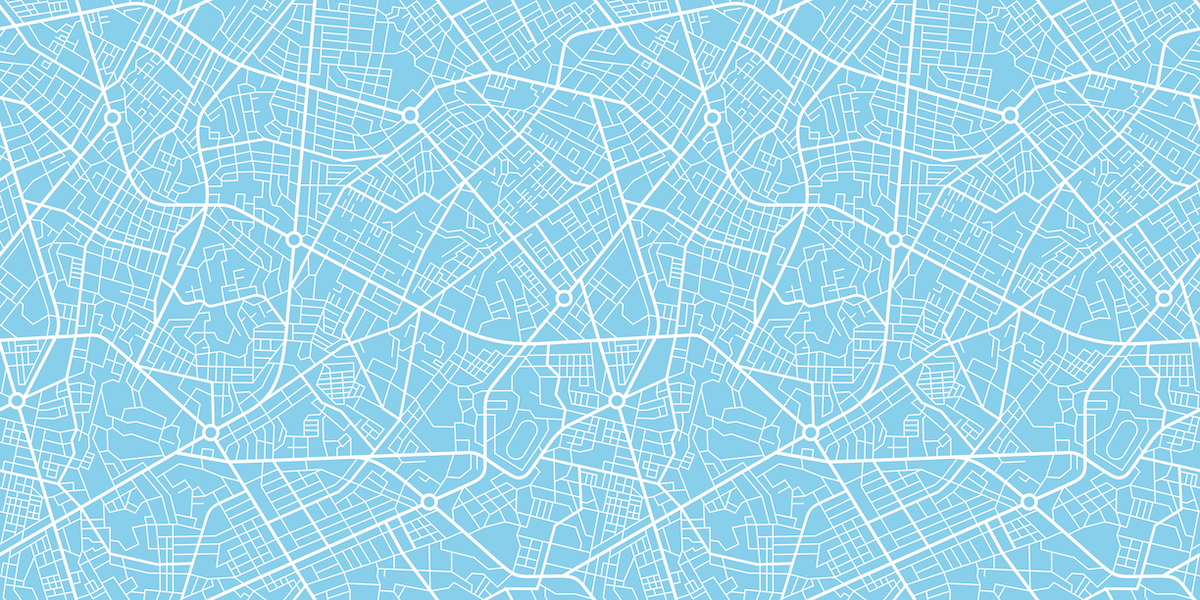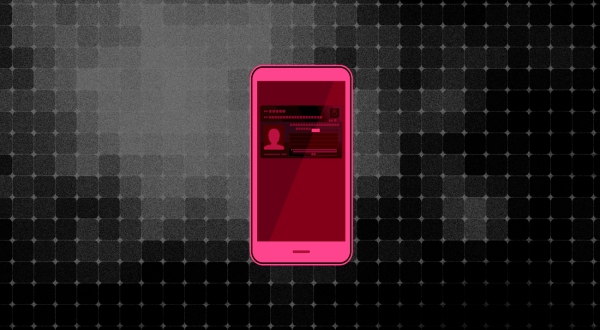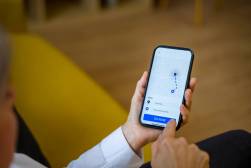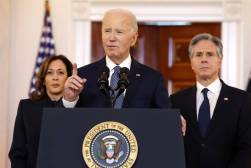Phone location data offers limited glimpse of virus spread, ACLU says

While federal, state and local governments have started analyzing mobile phone location data to track people’s movements as officials try to limit the spread of the novel coronavirus, that information offers very limited insights into where the deadly illness might be on the move, according to a paper published Wednesday by the American Civil Liberties Union. Yet, the group went on to say, the collection of mobile data poses new privacy concerns.
In recent weeks, the U.S. Centers for Disease Control, as well as some states and localities, have pulled phone location data, largely from the mobile advertising industry, in hopes it could help governments tell if residents are abiding by social-distancing guidelines and stay-at-home directives, the Wall Street Journal reported last month. Some countries where the COVID-19 pandemic has been better contained, such as South Korea and Singapore, have used aggressive mobile surveillance measures to limit outbreaks. (Those countries also have much more expansive testing for the virus than the United States.)
While the mobile data being used in the United States can help track the public’s movements, the ACLU paper says it is not accurate enough to determine if people are, for example, maintaining social distancing guidelines of six feet.
“Numerous data entries over time can support an inference that a phone was near a particular location at a certain point in time,” the report states. “But the data is not precise enough to tell you how close two phones are to each other.”
GPS signals tend to be accurate only to a distance of five meters, according to the paper. It also says location data may be much less accurate in rural areas, where cell towers are spaced miles apart. And though New York City is the epicenter of the U.S. outbreak of COVID-19, some rural areas, like southwest Georgia, have already become hotspots.
On a conference call with reporters, one of the ACLU report’s authors, Jay Stanley, said imprecise cell data could lead to false positives or false negatives, potentially enabling the illness to spread further.
“The cost of inaccuracy could be quite consequential,” he said. “Someone is read as testing not positive when they actually have it.”
But even if the quality of location data improves, there are still significant privacy concerns because data cannot be so easily anonymized, the ACLU argued.
“That is doubly true with regard to location data, because people reveal themselves by where they go; even relatively rough information about a person’s location will often identify them uniquely,” the report reads, citing the example of a man in South Korea — where mobile surveillance is in wide use — who was identified through his presence at a sexual-harassment class.
The ACLU, which has been an aggressive watchdog against other surveillance technologies like facial recognition software, said that technology will be needed to address COVID-19. This is especially true, the group says, after the initial wave of infections pass and more precise measures, like contact tracing — in which a patient’s recent activities are investigated to determine the source of their infection — can be used more reliably. (Stanley said during Wednesday’s call that current rates of infection, especially in hotspots like New York, make contact tracing difficult.)
But any use of data will need to be tightly controlled, the group says.
“The potential for invasions of privacy, abuse, and stigmatization is enormous,” the report reads. “Because location tracking has such ominous potential implications, in short, we should make sure that any uses of such sensitive data are necessary, effective, and proportionate.”






